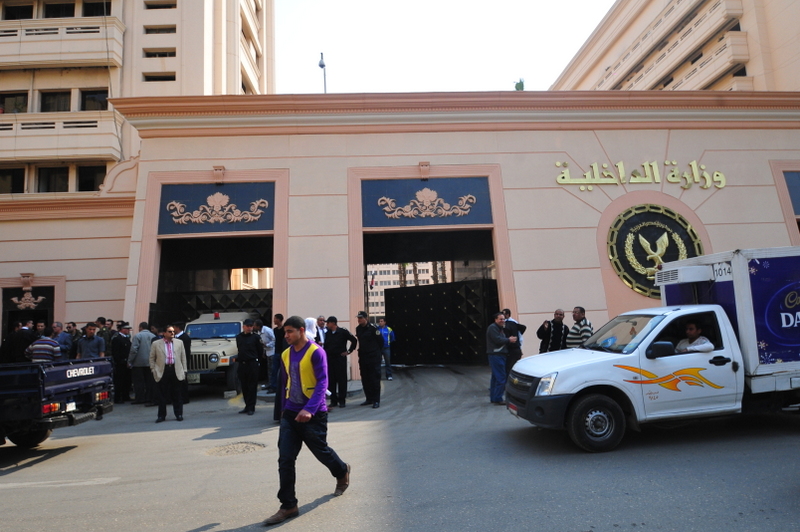Over the past week, mass arrests of people reportedly of Tigrayan origin have continued in the capital of Ethiopia Addis Ababa and elsewhere, the UN rights office said on Tuesday.
“We are concerned that arrests have been continuing over the last couple of weeks in the Ethiopian capital, Addis Ababa, as well as in Gondar, Bahir Dar and other locations, as police invoke the excessively wide provisions of the state of emergency declared on 2 November to arrest, search and detain people,” said the statement from the Office of the High Commissioner for Human Rights (OHCHR).
The statement indicated that these developments are all the more disturbing given that most of those detained are reported to be originating of Tigray, arrested often on suspicion of being affiliated to or supporting the Tigray People’s Liberation Front (TPLF).
The statement cited reports that at least 1,000 individuals are believed to have been detained over the past week or so – with some reports putting the figure much higher.
Detention conditions are generally reported to be poor, with many detainees held in overcrowded police stations, in violation of international human rights standards, including minimum standards related to the treatment of detainees.
There are worrying reports that many of those detained have not been informed of the reasons for their detention, nor have they been brought before a court of law or another tribunal to review the reasons for their detention, and have not been formally charged.
“We are also concerned about some reports of ill-treatment in detention. We call for detainees’ safety to be guaranteed and for them to be afforded the full protection of their human rights, including fair trial and procedural guarantees,” OHCHR Spokesperson Liz Throssell said.
Throssell added that 10 UN local staff are still being held by Ethiopian authorities as well as some 34 drivers subcontracted by the UN.
“We call for all those still in detention to be immediately released. Or else a court or other independent and impartial tribunal should review the reasons for their detention, or they should be formally charged.”
Throssell said that the state of emergency in force in Ethiopia risks compounding an already very serious human rights and humanitarian situation in the country. Its provisions are extremely broad, with vague prohibitions going as far as encompassing “indirect moral” support for what the government has labelled “terrorist groups”.
Under the state of emergency, judicial review of enforcement of its provisions is explicitly suspended, and there are sweeping powers of arrest and potentially indefinite administrative detention for the duration of the emergency measure, raising serious concerns of risks of arbitrary detention.
Fighting erupted in Ethiopia’s Tigray in November 2020, after Prime Minister Abiy Ahmed sent troops to topple the region’s former ruling party, the TPLF.
The conflict has caused a humanitarian catastrophe, with the UN estimating that 5.5 million people face acute food insecurity. Over 400,000 people in northern Ethiopia are experiencing famine-like conditions – more than in all of the humanitarian crises in the rest of the world combined.
As the High Commissioner has warned, there are grave risks that such measures, far from stabilising the situation, will affect further the already compromised delivery of humanitarian aid, deepen divisions, endanger civil society and human rights defenders, provoke greater conflict and only add to the considerable human suffering in Ethiopia.
While the International Covenant on Civil and Political Rights (ICCPR), to which Ethiopia is a State party, allows for certain emergency measures in response to significant threats to the life of the nation, strict requirements must be met.
Administrative detention should be used on an exceptional basis and only against individuals representing a direct and imperative threat, to be determined on a case by case basis, subject to procedural guarantees, including most importantly regular independent and impartial review.
Detention must be ended as soon as the individual no longer represents a threat and should be applied in a non-discriminatory way.
Arrests and detentions currently occurring in Ethiopia under the powers of the state of emergency do not respect these conditions.
In addition, certain rights are non-derogable even in a state of emergency, including freedom from torture, inhuman or degrading treatment or punishment, the right to life and the right to equality and non-discrimination, the statement concluded.



